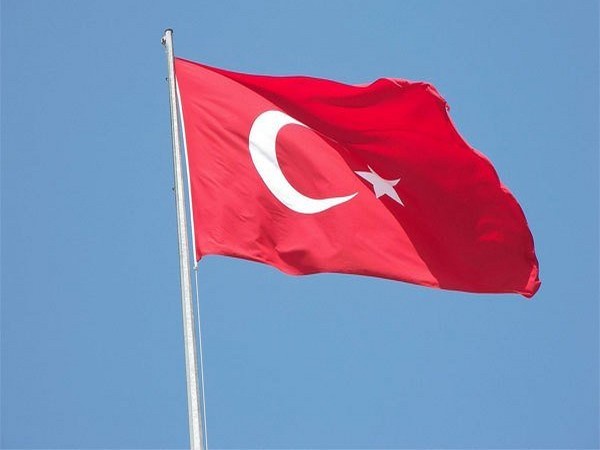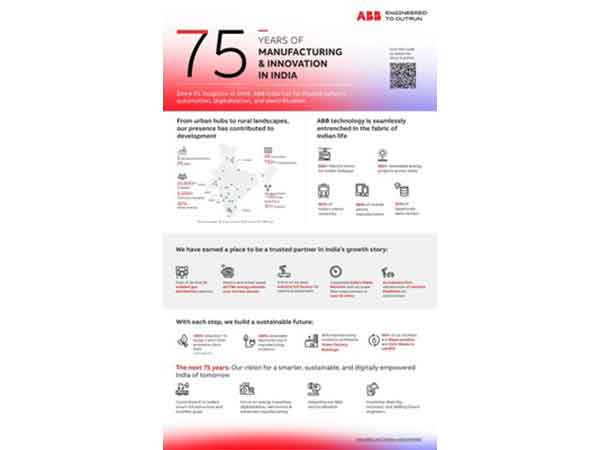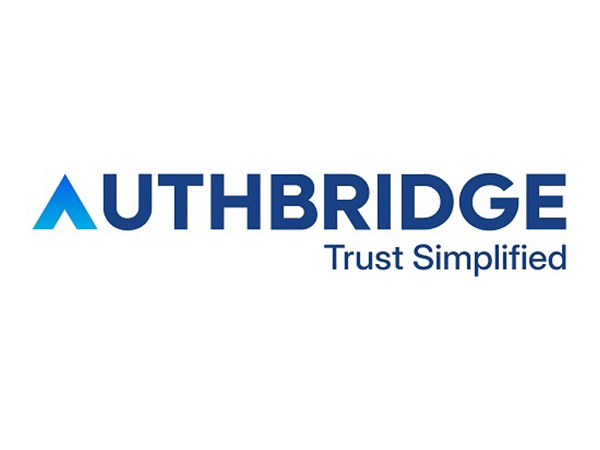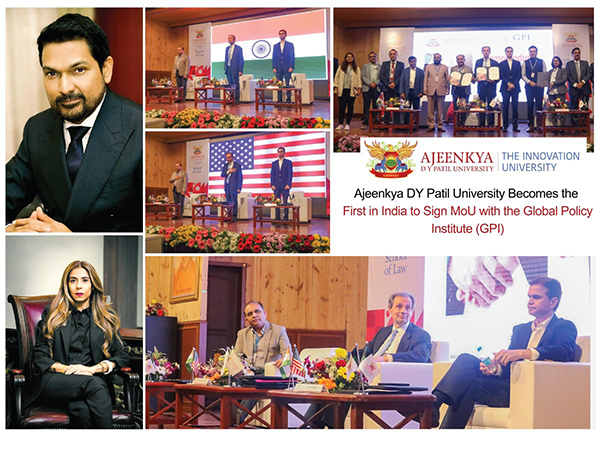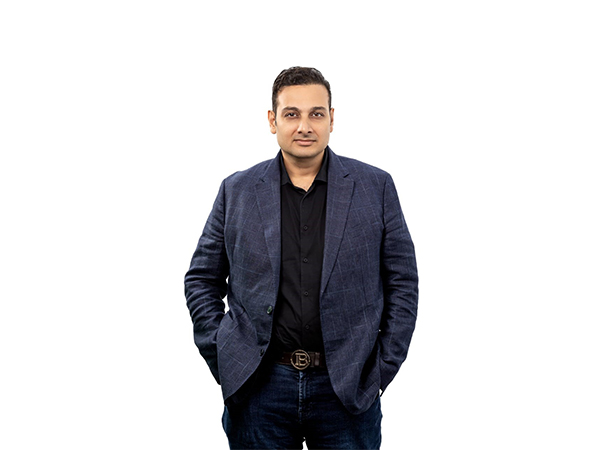Turkey's lawmakers approve Sweden's NATO membership
Jan 25, 2024
Ankara [Turkey], January 25: Turkey's parliament on Tuesday ratified Sweden's NATO membership after more than a year of delays that upset Western efforts to show resolve in the face of Russia's war on Ukraine. Lawmakers voted 287-55 in favor of the Nordic nation's bid to become the 32nd member of the alliance after it won the public backing of President Recep Tayyip Erdogan.
The Turkish leader is expected to sign Sweden's ratification document and conclude Ankara's role in the protracted saga in the coming days. "Today we are one step closer to becoming a full member of NATO," Swedish Prime Minister Ulf Kristersson said on social media after the vote.
NATO chief Jens Stoltenberg welcomed Turkey's move and called on Hungary to do the same, urging Budapest to "complete its national ratification as soon as possible". The United States also applauded the Turkish parliament's vote, with National Security Advisor Jake Sullivan saying on social media that Sweden's addition to NATO will make the alliance "safer and stronger".
Turkey's green light leaves Budapest as the last holdout in an accession process that Sweden and Finland began in response to Russia's invasion of Ukraine nearly two years ago. Ankara forced the northern neighbors to split up their applications after finding fault with Sweden and approving Finland after a few rounds of talks.
Hungary in favor
Hungarian Prime Minister Viktor Orban on Wednesday said he reaffirmed in a phone call with NATO chief Jens Stoltenberg his "support" for Sweden's membership to the security alliance. "I reaffirmed that the Hungarian government supports the NATO membership of Sweden," Orban wrote on X, formerly Twitter. "I also stressed that we will continue to urge the Hungarian National Assembly to vote in favour of Sweden's accession and conclude the ratification at the first possible opportunity," he added.
On Tuesday, Orban sent a letter to his Swedish counterpart Ulf Kristersson inviting him to Budapest to discuss the bid "at your earliest convenience". Last week, Hungary criticized Sweden for not taking steps to strengthen bilateral relations.
Stoltenberg welcomed the "good call" with Orban. "I welcome the clear support of the Prime Minister and his government for Sweden's NATO membership. I look forward to the ratification as soon as parliament reconvenes," he wrote on X. Parliament is scheduled to reconvene in mid-February.
End of non-alignment
Sweden and Finland pursued a policy of military non-alignment during the Cold War era between the Soviet Union and the West. But the Ukraine war upturned geopolitical calculations and forced the two to seek the nuclear protection afforded by the world's most powerful defense bloc.
Hungarian Prime Minister Viktor Orban on Tuesday invited his Swedish counterpart to Budapest to discuss the bid, although hints emerged of strains between Stockholm and Budapest. Orban and Erdogan have maintained good rapport with Russian President Vladimir Putin throughout the Ukraine war.
NATO leaders had feared that the Kremlin was trying to use the two mercurial leaders - both regular visitors to Moscow - to seed divisions in the West. The bloc's commanders have cast the latest round of expansion as a show of Western resolve in the face of Russia's aggression.
Turkey demands jets
Erdogan's objections to Sweden's bid initially focused on Stockholm's perceived acceptance of Kurdish groups that Ankara views as "terrorist". Sweden responded by tightening its anti-terrorism legislation and taking other security steps demanded by Erdogan.
But Erdogan then turned his gaze on an unmet US pledge to deliver a batch of F-16 fighter jets that has met resistance in Congress because of Turkey's perceived backsliding on human rights and standoffs with fellow NATO member Greece.
Turkey also wants Canada to follow through on its promise to lift a ban on the sale of a key component used for making combat drones. US Secretary of State Antony Blinken told Turkey over two visits in the past three months that the Swedish candidacy's ratification could help break congressional resistance to the F-16 sale.
Turkish opposition lawmaker Cengiz Candar said during Tuesday's ratification debate that Ankara had "blackmailed" its Western partners during the drawn-out negotiation process. "Turkey violated three pillars of foreign policy: predictability, credibility and consistency," he said before voting for the bid.
Orban tangled up
Hungary had followed Turkey's lead during Finland's accession process and was largely expected to back Sweden's candidacy without much delay. But Orban got tangled up in an unexpected tiff with Swedish leaders on Tuesday that revolved around his invitation for Kristersson to come and discuss Stockholm's candidacy in Budapest.
"I invite you to visit Hungary at your earliest convenience to exchange views on all issues of common interest," Orban wrote in the letter seen by AFP. Orban then added in a social media statement that Kristersson should come to Hungary "to negotiate" Sweden's accession.
Swedish officials immediately countered that there was nothing to negotiate because - unlike Turkey - Hungary never presented conditions when Sweden was invited at the 2022 NATO summit in Madrid. Swedish Foreign Minister Tobias Billstrom said he saw "no reason" to negotiate with Hungary about Stockholm's NATO candidacy "at this point". "It is now time for Hungary to conclude the remaining steps so that we can welcome our Swedish friends into the Alliances," the German foreign ministry said after the Turkish vote. - AFP
Source: Kuwait Times
